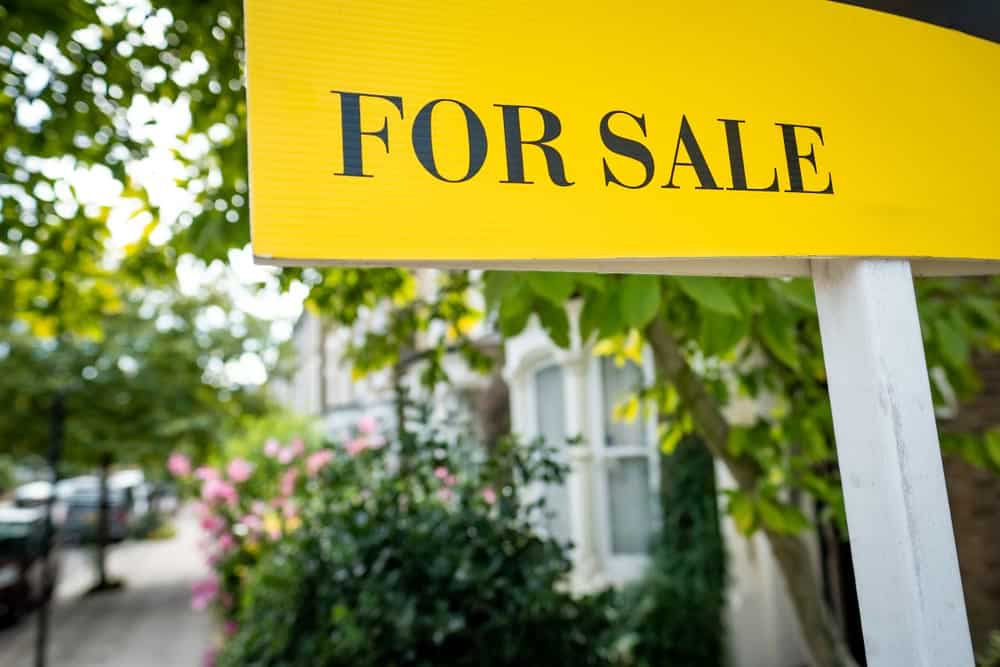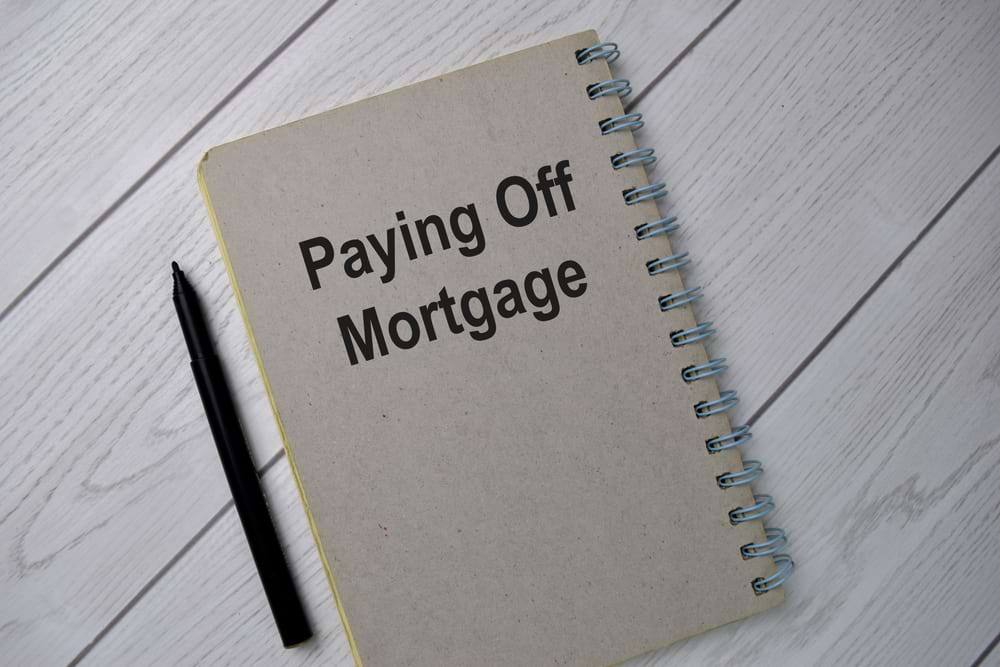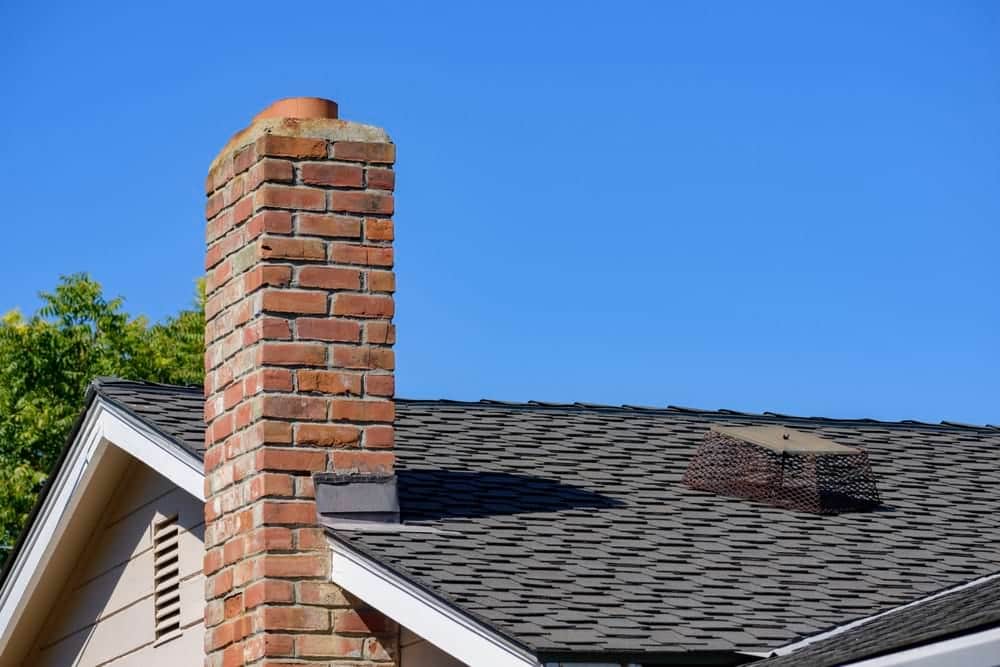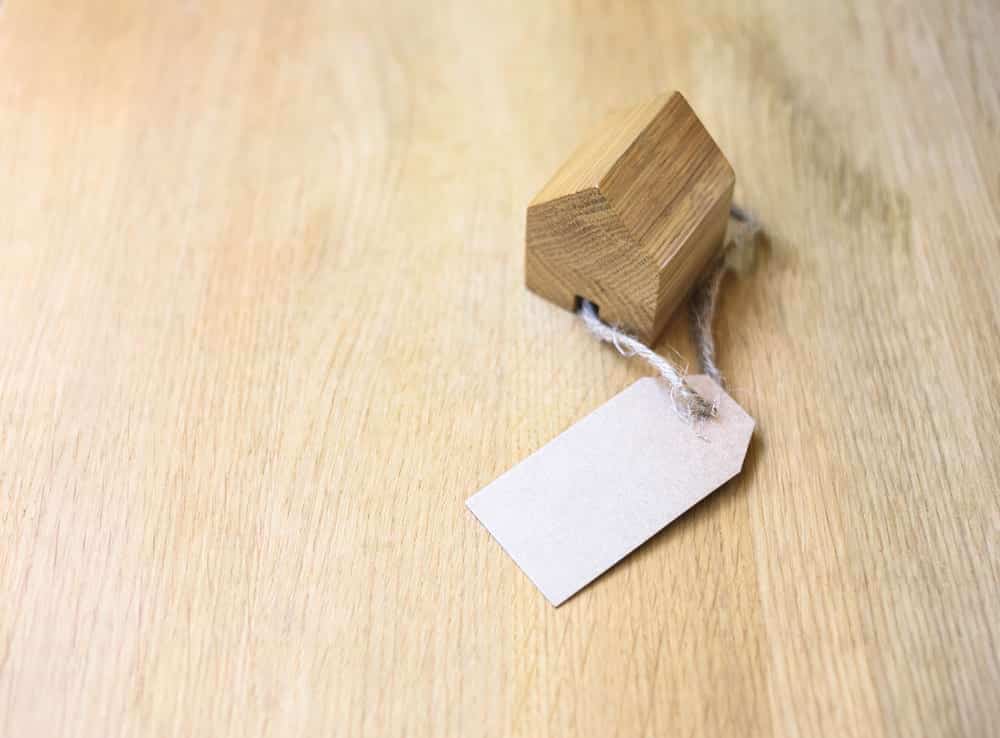Selling your house can be stressful.
But gathering the correct documents ahead of time will help everything go more smoothly.
Read on to learn what these are and how to get them.
Proof of Identity
To sell your house, you must prove that you the legal owner. The easiest ways to do this are with:
- Passport
- Driving license
- Birth certificate.
You may also be asked for proof of address via a recent utility bill or bank statement showing your name and current home address.
Title Deeds
The property’s title deeds formally set out your ownership and the boundaries of your home.
The deeds will include:
- A plan showing the plot of land and property layout
- A register listing when the house last sold and the registered legal owner
- Any associated restrictive covenants on changes you can make
The title deeds confirm your right to sell. Your conveyancer will need these.
If you have misplaced your title deeds, you can get replacement copies from the Land Registry for a small fee.
Energy Performance Certificate
An Energy Performance Certificate (EPC) measures how energy efficient your property is on a scale from A to G.
When you market your home, estate agents are legally required to include the EPC rating and summary in listings.
Better energy efficiency means lower heating bills for buyers, so properties with higher EPC ratings can sell for more.
EPC certificates are valid for 10 years. If your current one has expired, arrange for an assessor to visit your house and produce a new certificate.
TA10 Form
Confusion over what is included in the sale can easily lead to disputes post-completion.
A TA10 form (also known as a fixtures and fittings form) lists fixtures (items attached to a property) and fittings (items not attached to the property).
In other words, it covers and items that will – or will not – be left in the property after you move out.
For clarity, it’s best to be as comprehensive as possible. Go from room to room noting down:
- Integrated appliances like lights, ranges and plumbing
- Fixed items like shelves and bathroom suites
- Freestanding items to be sold with the property, such as dining room furniture.
TA6 Form
Estate agents will also ask you to complete a TA6 form (also known as a property information form). This asks for general details on things like:
- Number and type of reception rooms and bedrooms
- Age and style of kitchen and bathroom
- Property build, roof condition and any extensions
- Services like heating, glazing, drainage
- Connection to utilities like gas, water and electric
- Broadband availability
Accurate information on known issues allows buyers to make an informed decision when they make offers.
Building Regulations Certificates
If you have completed structural work, the result should have met building regulations. Examples of structural work include:
- Remodelled a room
- Built an extension during your ownership
- Loft conversation
- Granny annexe.
Certificates or plans from building control will prove you followed regulations. If you don’t have them, check with your council’s building control team or the company that did the work.
Having certificates reassures buyers that modifications comply with legislation and are safe to live with.
Safety Checks for Gas, Electric and More
By law, you must have a gas safety record if you have gas appliances in the home.
A gas safety certificate from a Gas Safe Engineer confirms that your boiler, cooker and gas fires are operating safely.
Similarly, a periodic electrical safety inspection should highlight any remedial work needed to meet standards.
It is also wise to have your central heating system serviced and chimneys swept (if used) before marketing your home.
Being able to hand over written inspection reports gives buyers confidence in the property’s safety.
Planning Permission (where applicable)
If your house has been extended, converted, or otherwise altered, check if planning permission or building regulations approval was needed.
Your solicitor will confirm permissions held with the local authority.
Lack of necessary planning consent could require changes before sale.
But proving the work was officially approved will reassure potential buyers.
Cost of documents for selling house
You can download most proof of ownership documents online or obtain them for free. However, you may need to pay for:
- Energy Performance Certificate: From £35 to £120
- Electrical safety checks: £125-£300+
- Gas safety checks: £60-£90
- Missing planning certificates: Fees vary by council
Tracking down misplaced paperwork and getting statutory safety inspections done takes time and coordination. From the outset, many sellers instruct a solicitor to assist with collecting documents.
Can solicitors help gathering documents?
Yes – using a solicitor to assemble and verify your property sale paperwork simplifies the process. For a one-off fee, they can:
- Confirm valid ID and proof of ownership
- Request replacement certificates if needed
- Review statutory consents and approvals held for any significant works
- Advise on additional documents required
They will manage liaising with your estate agent and the buyer’s conveyancer, leaving you free to concentrate on the move.
Instructing a reliable solicitor can reduce pre-sale stress and ensure you have covered everything needed to progress smoothly.
Their legal expertise helps sidestep issues arising from missing or inadequate paperwork down the line.
Final Steps to prepare for sale
Preparing the necessary documents to sell your home can be easy if approached methodically – even in difficult circumstances, such as when you are selling a house after a divorce.
Allow time to gather ID, ownership, boundary and energy efficiency proofs, plus safety and building control certificates, and proof of property sale. Be ready to describe previous works carried out.
A solicitor can help verify that you have covered what is needed for conveyancing due diligence. Being organised with paperwork helps ensure interested buyers have confidence in your property.
With paperwork in order, you can focus on viewings and achieving the best possible price.



















